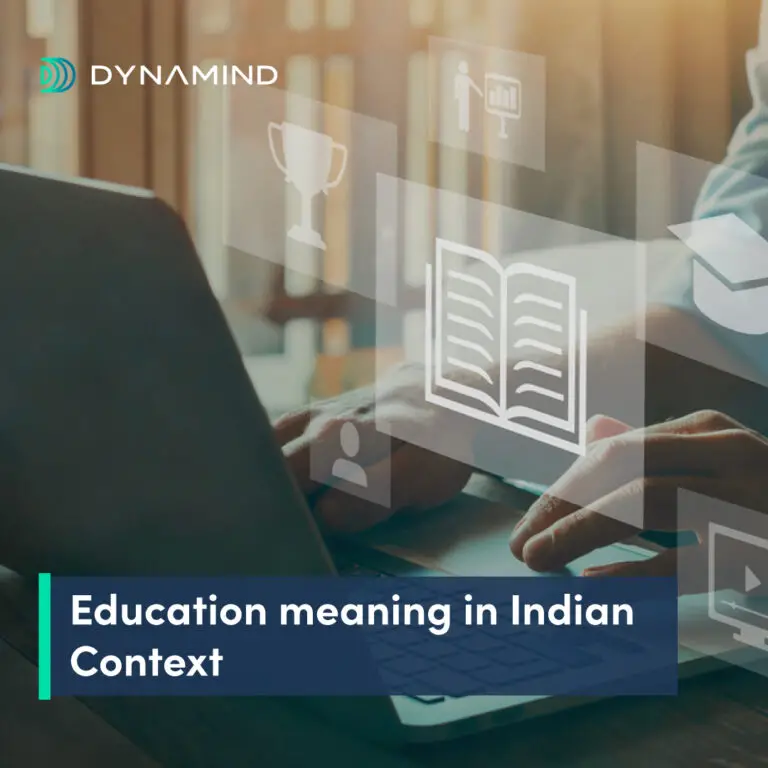The term “education” can only be applied to primitive cultures in the sense of inculturation, that is, the process of cultural transmission. As far as prehistoric education is concerned, it can only be deduced from the educational practices of surviving primitive cultures. Because of the diversity of countless thousands of primitive cultures, it is difficult to describe the standard and uniform characteristics of prepubertal parenting. Thus, the purpose of early education is to help children become good members of their tribe or gang.
Education for girls
Significant progress has been made over the past decade in expanding access to education and enrollment at all levels, especially for girls. Unfortunately, due to the COVID-19 pandemic, education systems around the world have been devastated and many schools closed as children, youth, teachers, and families face even greater challenges. This struggle is especially important for parents with limited education and resources. Check here JEE mains and advanced syllabus
Violence also hinders girls from accessing and completing education:
- Girls are often forced to travel long distances to school, exposing them to a greater risk of gender-based violence.
- In fact, girls with secondary education are six times less likely to get married than girls with little or no education.
- Girls who marry at an early age are much more likely to drop out of school with fewer years of schooling than their peers who marry later.
- Poor families with many children may choose to invest in the education of boys rather than girls, also relying on girls to help around the house and care for younger siblings and other family members.
- Poverty is one of the most important factors in determining whether girls can enter and complete their education.
- Education provides upward socioeconomic mobility and is the key to escaping poverty.
Higher education institutions have the potential to be central players in the development process. Educators can structure their lessons in a way that directly uses their students' non-formal learning skills in an educational context. Usually, formal education takes place in a school environment, in classes of several students who study alongside a qualified and certified subject teacher. Education also refers to knowledge acquired through education or training and the institution of learning in general. Education usually refers specifically to the education and training provided by children or young people.
Education for specially abled students
Schools are designed to educate children with dyslexia. Medical schools, law schools, and driving schools offer more specialized forms of education. The talks are under process where schools will help to prepare students for well-paying government jobs, many of which do not require a college degree. Many states and union territories of India offer 12 years of compulsory education for such children, in accordance with the National Curriculum developed by the National Research and Educational Training Board. Blog on Education
To conclude
Schools provide education with the support of other parts of the education system, and these elements include educational policies and guidelines that can be referenced in school
policies, curriculum, instructional materials and pre-service and in-service teacher training programs. Girls’ education also aims to ensure girls learn and feel safe in school; be able to complete all levels of education and acquire the knowledge and skills to compete in the labor market; learn the socio-emotional and life skills needed to navigate and adapt to a changing world; make decisions in life, and contribute to their communities and the world. Higher education includes teaching, research, and social services.
0






